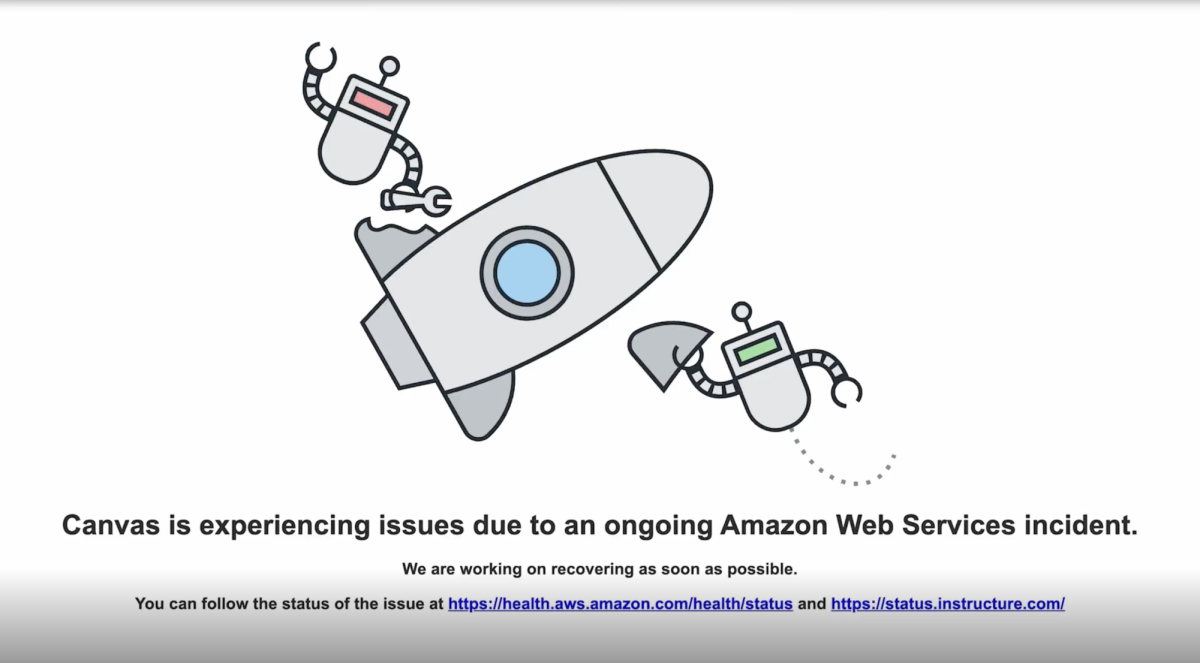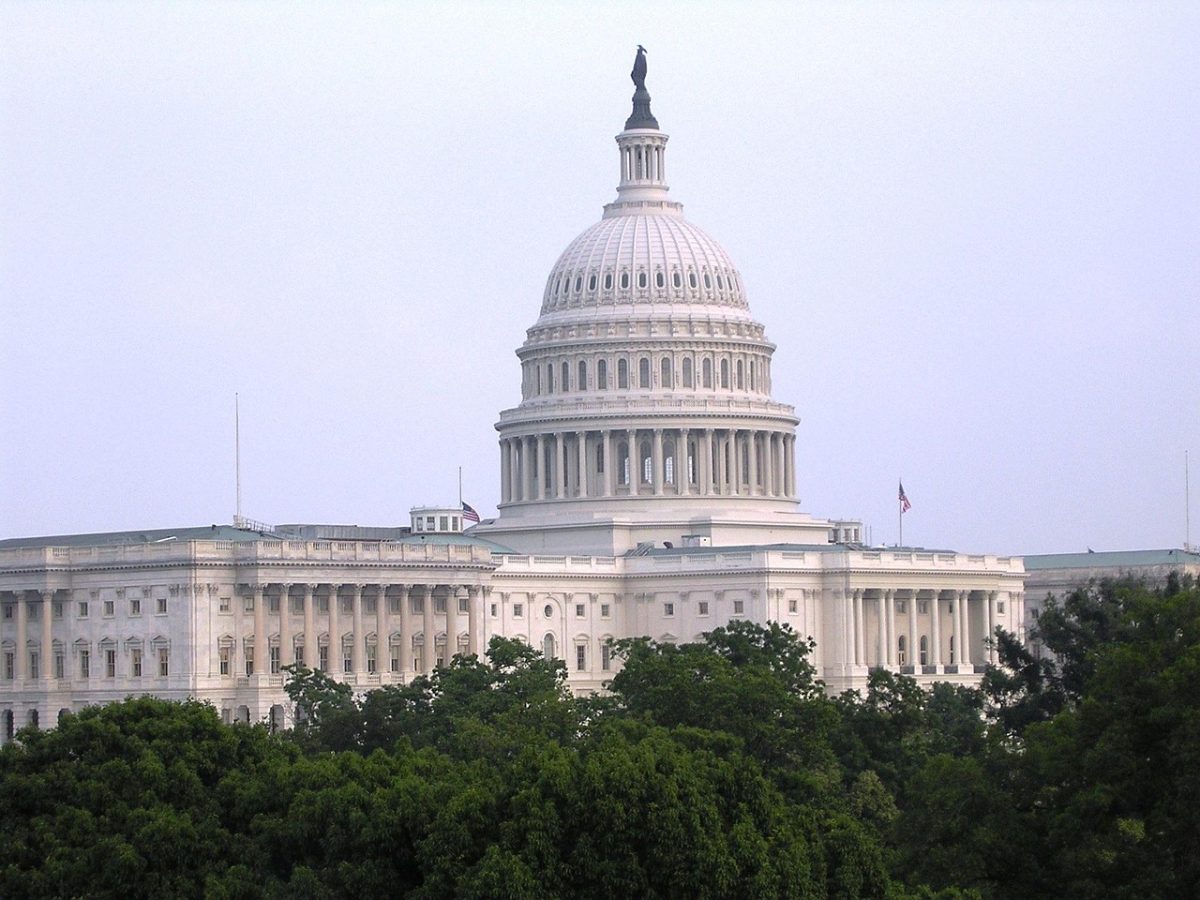The Supreme Court agreed earlier this month to consider and hear a Texas abortion law, the first major abortion case since 2007.
The impending precedence could impact millions of women in America and could change principles of abortion rights. The Texas law has caused more than half of the state’s abortion clinics to be shut down. The court’s decision comes amid the presidential election campaign and could be the biggest abortion action in nearly 25 years.
As debates continue to fuel the presidential campaign and attract voters, the court’s decision is likely to take place in late June 2016, four months before the presidential election
Abortion takes the title for the nation’s most controversial topics and presidential candidates are expected take on the issue in early March. The case, Whole Woman’s Health v. Cole, challenges the Texas law that puts restrictions on abortion clinics and requires providers to have hospital admitting privileges.
The case states that the law is “an undue burden” on women’s access to abortion. It said that undue burdens are “unnecessary health regulations that have the purpose or effect of presenting a substantial obstacle to a woman seeking an abortion.”
If the case were to fail, the Texas law would implement a shutdown of more than 30 abortion clinics, leaving the state with about 10, according to the Center for Reproductive Rights.
Abortion providers serving as plaintiffs in the case argued that the change would negatively impact the state’s women.
“Texas is the second most-populous state in the nation — home to 5.4 million women of reproductive age,” plaintiffs told the justices in a brief. “More than 60,000 of those women choose to have an abortion each year.”
The case is derived from the court’s 1992 ruling in Planned Parenthood v. Casey, which gave states power to enforce limitations on abortion as long as they did not put an undue burden on women requesting an abortion. Since that ruling, multiple states across the country have imposed rules on abortion clinics and women’s access to them.
Such restrictions include required waiting periods, ultrasounds, code requirements for outpatient surgical facilities and requirements for providers to have admitting rights at nearby hospitals. In its argument against the Cole case, Texas claims that it has a definite right to regulate medical facilities and providers and that restrictions are put in place for the concern of women’s health.
“The state has wide discretion to pass laws ensuring Texas women are not subject to substandard conditions at abortion facilities,” Texas’ attorney general, Ken Paxton, said in a statement. “The advancement of the abortion industry’s bottom line shouldn’t take precedence over women’s health.”
The abortion clinics that support the suit debate that the law is intended to make it more difficult for women to legally pursue and receive an abortion, leading to clinics being regulated to the point of shutting down. Statistics show that most Americans believe abortion should be legal, giving Democrats in the presidential campaign favor than Republicans.
Hillary Clinton and Bernie Sanders have promised to protect abortion rights after the controversial series of Planned Parenthood videos.
“We must preserve a woman’s right to control her own body,” Sanders tweeted after the court agreed to hear the case.
Republican candidates stand firm in their opposition to abortion. Robert Blendon, a Harvard University health policy expert and political analyst believes that in any outcome, the Supreme Court case will attract attention and activism from both sides of the dispute.
The court will hear arguments early next year before issuing a ruling before the end of its term in June. The ruling is based on a uniform position, with four justices who firmly support abortion rights and four who soundly oppose it. Justice Anthony Kennedy is likely to make the final decision.
On the same day as the Supreme Court’s decision to hear the Texas abortion law, Mississippi separately appealed a state law that would close the only abortion clinic in the state, one of the poorest in the nation. The court took no action regarding that appeal. The Mississippi case appealed a state law from 2012 that requires all physicians associated with an abortion facility to have admitting privileges at a hospital. The clinic would be closed due to two of the three doctors at the state’s only licensed abortion clinic lacking these privileges.
“It was designed to be impossible to satisfy, with Mississippi officials openly admitting at the time it was enacted that it was intended to close the last abortion clinic in the state and make Mississippi ‘abortion free,’ ” said attorneys for the Jackson Women’s Health Organization.


























